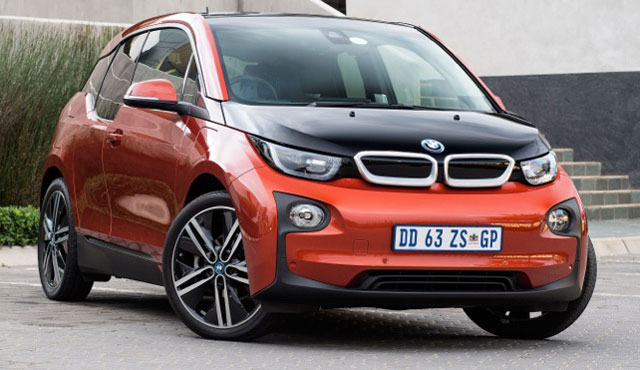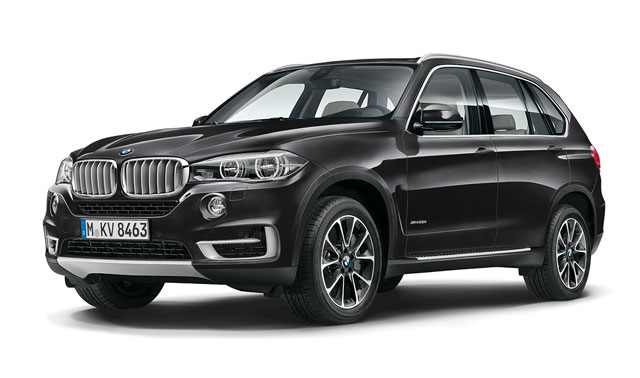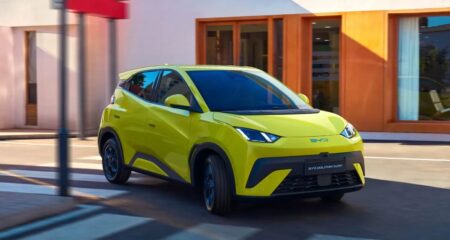
BMW sees no quick way to boost profit from electric cars, with battery capacity and cost set to weigh on the technology for the foreseeable future.
“We simply have to walk through the valley of tears” to figure out how to save more money on producing battery-powered cars, Stefan Juraschek, vice-president of electric-powertrain development, told reporters at a briefing at a BMW testing facility in Munich.
With driving ranges limited by current technology, the company expects it to take about seven years to double the amount of energy stored in a battery, which weighs about 230kg in the squat BMW i3 hatchback.
Improving battery performance is key, as “there’s a clear trend to bigger electric cars and longer driving ranges”, Juraschek said.
Even with tepid reception from consumers, BMW and rivals are spending heavily to create electric cars to meet ever-tighter US and European emissions regulations.
Daimler’s luxury Mercedes-Benz brand outlined plans in September for at least 10 battery-powered models under the EQ sub-brand, a project CEO Dieter Zetsche says will cost €10bn (R15bn) by 2025.

Volkswagen has pledged a 30-model line-up of all-electric cars by then that would account for up to a quarter of its deliveries, similar to the proportion BMW is targeting for battery-powered vehicles.
After being one of the first car makers to develop an electric car from the ground up with the $42 400 i3 in 2013, BMW has since reined in its ambitions. Now, the luxury-vehicle maker plans to roll out battery-powered versions of the Mini city car and the BMW X3 sport utility vehicle starting in 2019.
While integrating an electric drivetrain into mainstream models will help cut costs, it could turn off green buyers who want to showcase their environmental credentials.
The strategy is largely focused on keeping a lid on spending as BMW invests in technology for the self-driving, electric-powered iNext by 2021. The Munich-based manufacturer is choosing to adapt battery power to existing models as it doesn’t expect significant growth in demand any time soon.
“We’ve learnt that people aren’t prepared to pay a higher price for an electric vehicle,” BMW chief financial officer Friedrich Eichiner told reporters in Lisbon last week. “I don’t see some kind of disruptive element coming from electric cars that would prompt sales to go up quickly in the next five to six years.” — (c) 2016 Bloomberg LP




